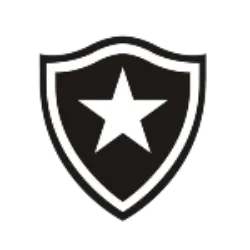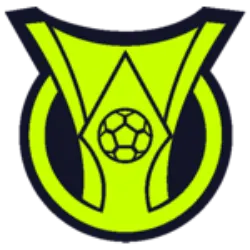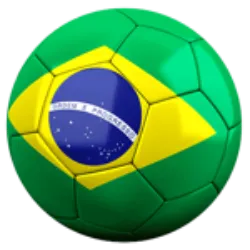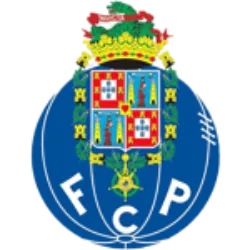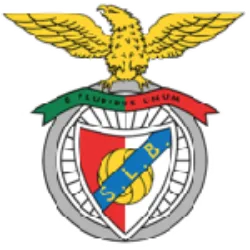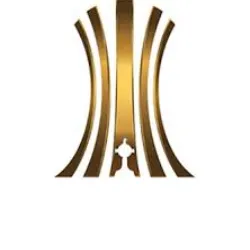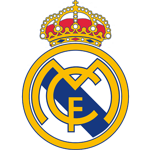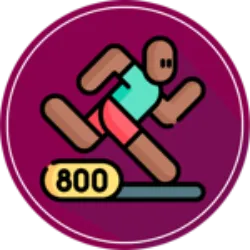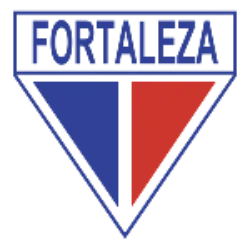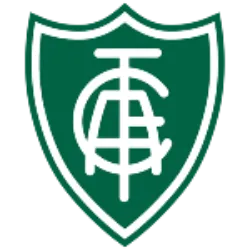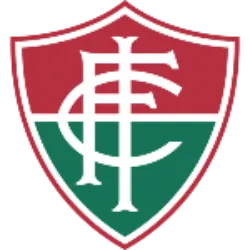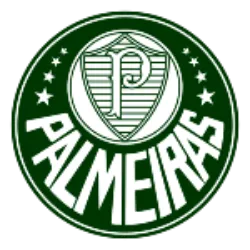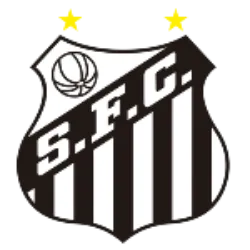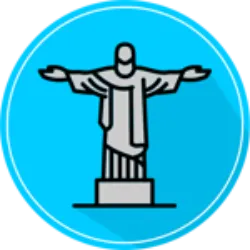Botafogo is the oldest team in Rio de Janeiro

Botafogo is the oldest team in Rio de Janeiro: it was founded on 7/1/1894 as a racing club. In 1904, from this club was born a football team called Electro Club. The name was short-lived: months later it was decided to use the name of the neighborhood for the football team, then called Botafogo Football Club. Only in 1942 did Botafogo de Futebol e Regatas appear, a merger between the regatta club and the football team.
The number 7 is very present in the history of Botafogo

The number 7 is very present in the history of Botafogo: it was the number of Garrincha, the greatest player in the history of the club; it was Maurício's number, scorer of the 1989 title goal for Carioca, which broke a 21-year drought without a title; it was also the number of Túlio Maravilha, idol and top scorer in Botafogo's greatest achievement of all time, the 1995 Brasileirão. And more: in this title, Botafogo's sponsor was the soft drink brand… 7up.
Test yourself with one of these challenges 👇
Discover some interesting facts about Botafogo FR
Botafogo's first title came in 1910

Botafogo's first title came in 1910. The winning campaign in the Campeonato Carioca led to the team being called Glorioso. Fogão is the only team to have won the Carioca Championship four years in a row: between 1932 and 1935, it only won Botafogo in Rio de Janeiro.
Botafogo's title in the 1907 Carioca Championship, shared with Fluminense

Botafogo's title in the 1907 Carioca Championship, shared with Fluminense, was only recognized in 1996. As a result, for many years the anthem composed by Lamartine Babo said “Botafogo, Botafogo champion since 1910”, a reference to the first title won and celebrated on the field. After the recognition of the 1907 cup, the anthem was changed.
In 1927, the headquarters of Botafogo, in General Severiano

In 1927, the headquarters of Botafogo, in General Severiano, received the “company” of the statue of Manequinho, a replica of the Manneken Pis, from Brussels, which shows a boy urinating. The statue was taken from Botafogo beach as it was considered an affront to the morals and customs of the time and was transferred to the square in front of the club. In 1957, Botafogo was champion of Rio de Janeiro and the fans, amidst the celebrations, wore the club's shirt on the statue. In this way, Manequinho became a symbol of the club.
Botafogo

Botafogo was the first team from Rio de Janeiro to win an international title inside the Maracanã: it was in the 1993 Copa Conmebol, defeating Uruguay's Peñarol in the final. The history of Fogão in the biggest stadium in Brazilian football holds another record: in 1989, Botafogo played the whole season in the stadium and did not lose a single match. It was the only club from Rio de Janeiro to achieve such a feat at the stadium. No Brazilian team boasted as great an invincibility as Botafogo's between 1977 and 1978: there were 52 games without losing.
No team has provided as many players to the Brazilian

No team has provided as many players to the Brazilian national team over these 104 years of history as Botafogo. The player who played for Botafogo the most was Nilton Santos, the Football Encyclopedia, with 723 games. Today, he names the Botafogo stadium, inaugurated in 2007. Until 2004, Botafogo played part of its games in a stadium outside Rio de Janeiro: Caio Martins, in Niterói.
Test yourself with one of these challenges 👇
HOME
